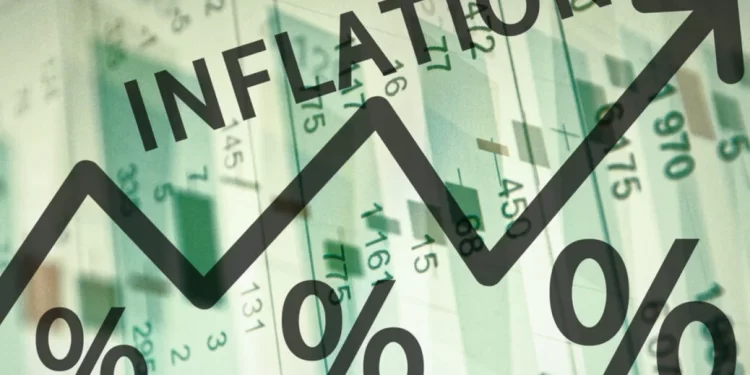Despite concerted efforts by the Central Bank of Nigeria (CBN) to rein in inflation through significant policy adjustments, Nigeria’s inflation rate continues its upward trajectory, posing challenges to economic stability. The recent increase in the Monetary Policy Rate (MPR) by 600 basis points to 24.75% aimed to tackle inflation, yet the inflationary trend persists, prompting a deeper analysis of the underlying factors driving this phenomenon.
Sticky Price Dynamics:
Nigeria’s inflationary trajectory aligns with the concept of sticky prices, where adjustments to prices are slow despite changing demand. Sellers may resist reducing prices due to inertia, high adjustment costs, or inflation expectations. This phenomenon contributes to sustained inflationary pressures, making it challenging to bring down consumer prices effectively.
Delayed Monetary Policy Response:
Despite the aggressive stance taken by the CBN through recent MPR hikes, inflationary pressures have proven resilient, indicating a lag in the effectiveness of monetary policy adjustments. The delayed impact of these measures underscores the challenges of managing inflation in a complex economic environment characterized by various socio-economic factors.
Socio-economic Influences:
Socio-economic factors such as insecurity disrupting agricultural activities and inadequate storage facilities affecting supply chains exacerbate inflationary pressures. Supply shortages, coupled with excess demand, drive prices upward, particularly in essential commodities like food, further straining consumer purchasing power.
Addressing the Challenges:
To address Nigeria’s persistent inflationary challenges effectively, several measures have been proposed:
1. Stringent Benchmark Interest Rate: The CBN’s decision to raise the benchmark interest rate to a historic 24.75% underscores its commitment to containing inflation. However, concerns about the potential impact on economic growth remain.
2. Recent CBN Initiatives: Policies restricting loan repayment in foreign currency and interventions in the International Money Transfer Operators sector aim to stabilize the currency. While these efforts have contributed to currency appreciation, businesses may take time to adjust prices, delaying the full impact on inflation.
3. Imported Food Dynamics: Efforts to defend the naira have led to its appreciation, making imported products relatively cheaper. This is expected to alleviate inflationary pressures, particularly in an import-dependent economy like Nigeria.
Conclusion:
Nigeria’s inflationary challenges require proactive intervention from both monetary and fiscal policies to achieve the desired effect. Despite significant efforts, structural challenges persist, necessitating comprehensive strategies to alleviate the burden on consumers and stimulate economic recovery. As the nation navigates through these challenges, policymakers must remain vigilant and adaptive to ensure long-term economic stability and prosperity.









